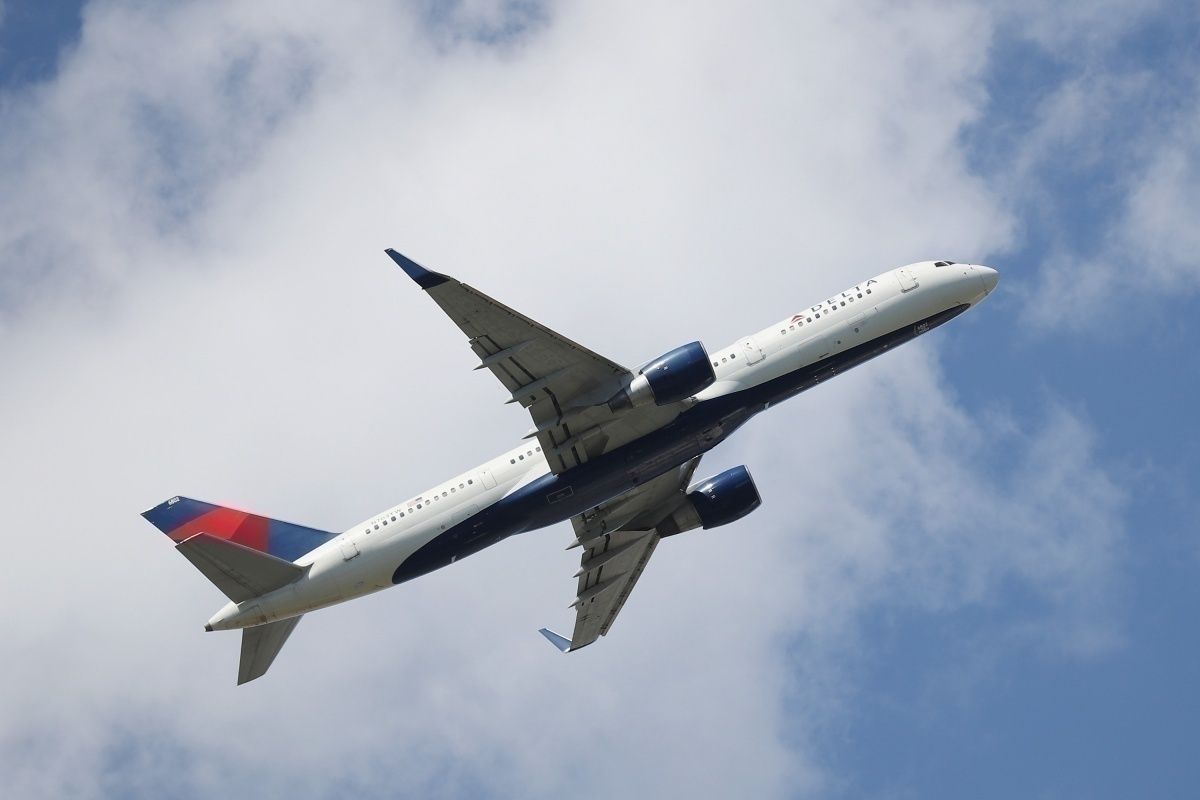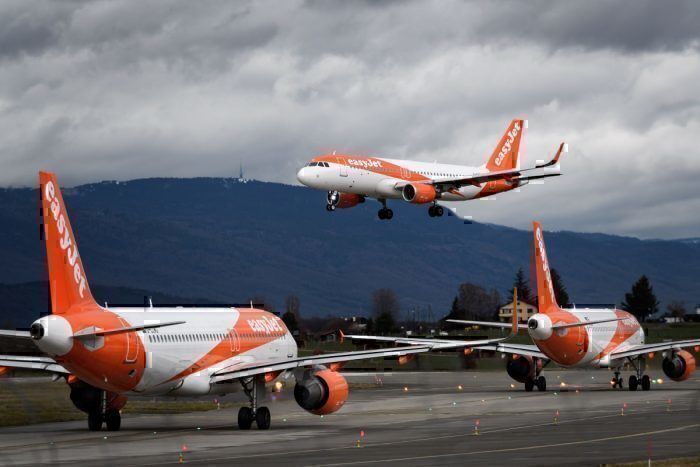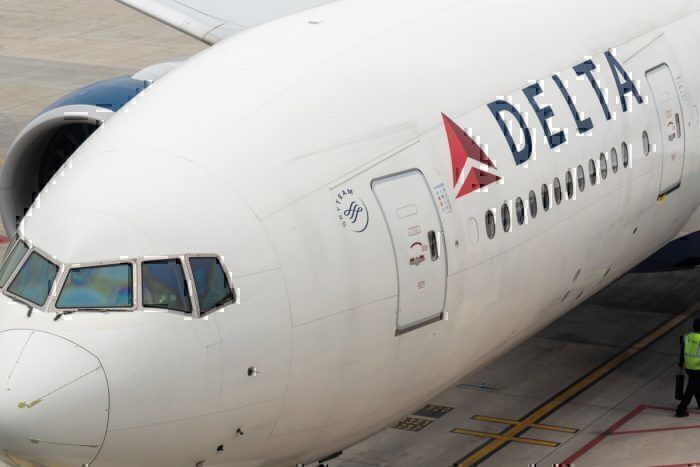Delta Air Lines has announced its intentions to be the first carbon-neutral airline in the world, starting next month. Delta’s new initiative commits spending $1 billion over the next 10 years to mitigate carbon emissions across the whole business.
Environmental projects and carbon off-setting is becoming a more and more popular topic in the aviation industry as pressure grows from environmentalists to make positive changes.
Delta has announced today that it plans to be the world's first carbon-neutral airline by committing $1 billion to “invest in driving innovation, advancing clean air travel technologies, accelerating the reduction of carbon emissions and waste, and establishing new projects to mitigate the balance of emissions”.
The airline has created a set of principles to follow: Action, Innovation, Collaboration, Evolution and Transparency. Delta has promised that 2020 will be a year of milestones that demonstrate its progress and commitment to its new investment projects.
Carbon emissions for the aviation industry
In its press release, Delta pointed out that “the aviation industry accounts for roughly 2 percent of global carbon dioxide emissions”. The US-based airline is not the first airline to announce a long-term commitment to improving its environmental footprint.
Earlier this year, JetBlue announced it would increase its amount of carbon offsetting to include all domestic flights within the US. British Airways announced a similar plan last November for domestic flights within the UK. And easyJet went one step further by committing £25 million to offset its carbon imprint on all its flights.
Carbon offsetting is a fairly common term in the aviation industry now. Not only do airlines spend money on off-setting, but they also offer customers to pay extra to offset their individual footprint. But until now, no airline has announced an actual plan to be carbon neutral.
Carbon off-setting vs. Carbon neutral
The difference between Delta’s announcement and previous announcements by other airlines is that Delta specifies that it will also use its resources to “drive innovation, clean air tech, emissions and waste reduction”.
Carbon offsetting happens when an airline gives money to a scheme which seeks to remove Carbon dioxide from the environment through a variety of methods. The idea of carbon offsetting has received both positive and negative press. The general thought is that it’s better than nothing, but it’s not enough.
Airlines need to find ways to reduce their carbon footprint, rather than just offset it. Delta’s announcement that it will be investing in technologies for reducing its carbon footprint is significant. It specifies that under its carbon reduction initiative it will focus on;
“Reducing Delta’s carbon footprint through enterprise-wide efforts to decrease the use of jet fuel and increase efficiency. Areas of focus include an ambitious fleet renewal program, improved flight operations, weight reduction, and increased development and use of sustainable aviation fuels.”
It doesn’t give any further details about what this may involve specifically other than to say “Delta will allocate some of its financial commitment into investment vehicles, including a dedicated fund focused on achieving its carbon-neutral ambition.”
While actual details are lacking, the promise is a good one. It seems misguided to say it will be the first carbon-neutral airline as easyJet achieved this last year. However, the investment is the largest made by any airline. More importantly, the focus on reducing emissions is certainly an industry first.
Will Delta be successful in having a year of important milestones? Is this just another promise to improve with no backing? Let us know your thoughts in the comments.




